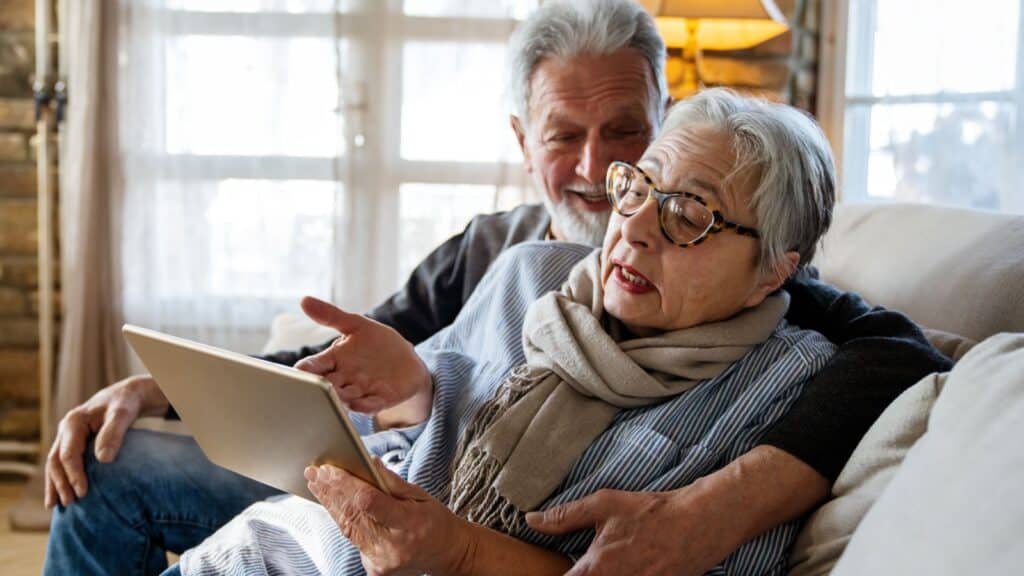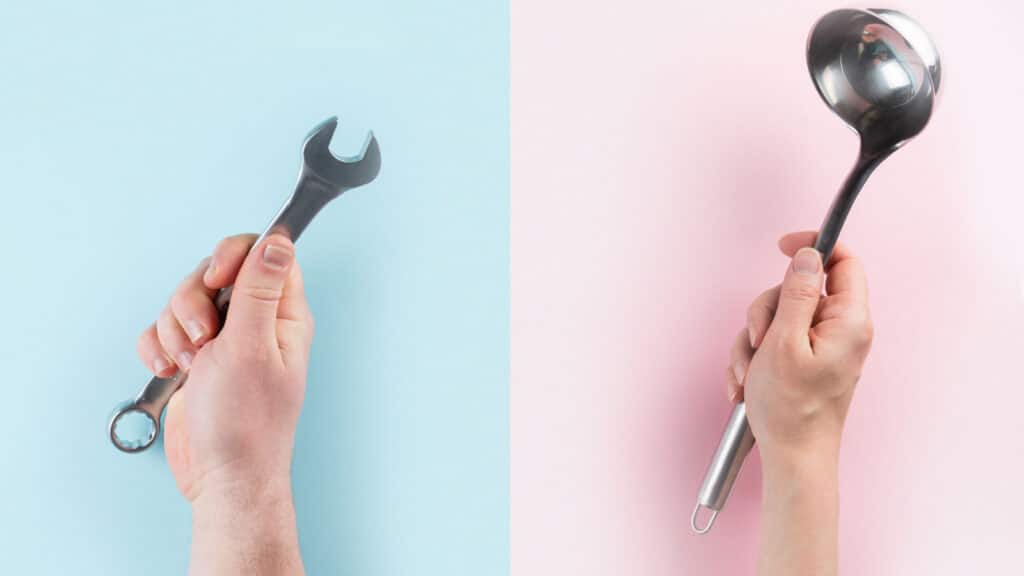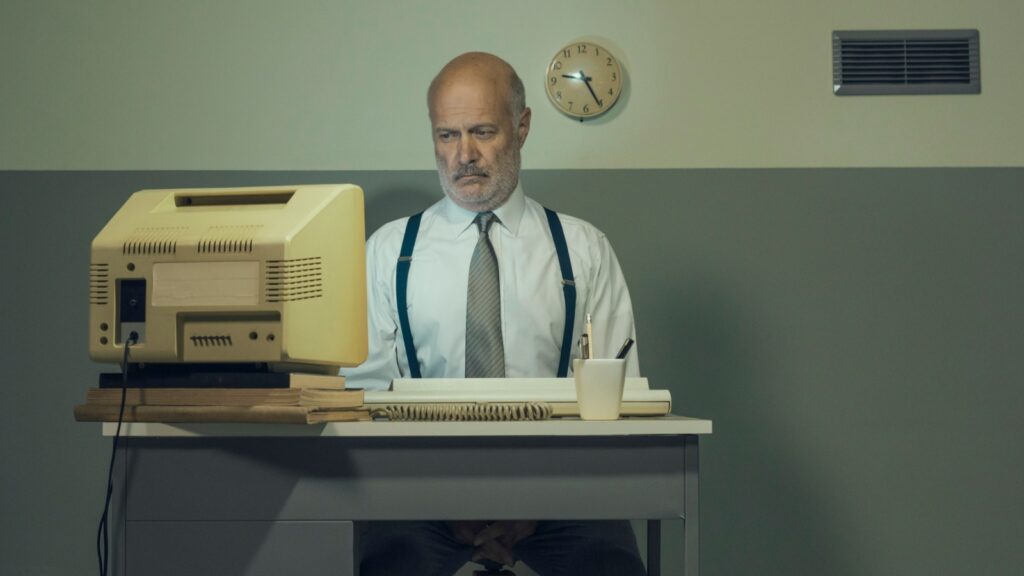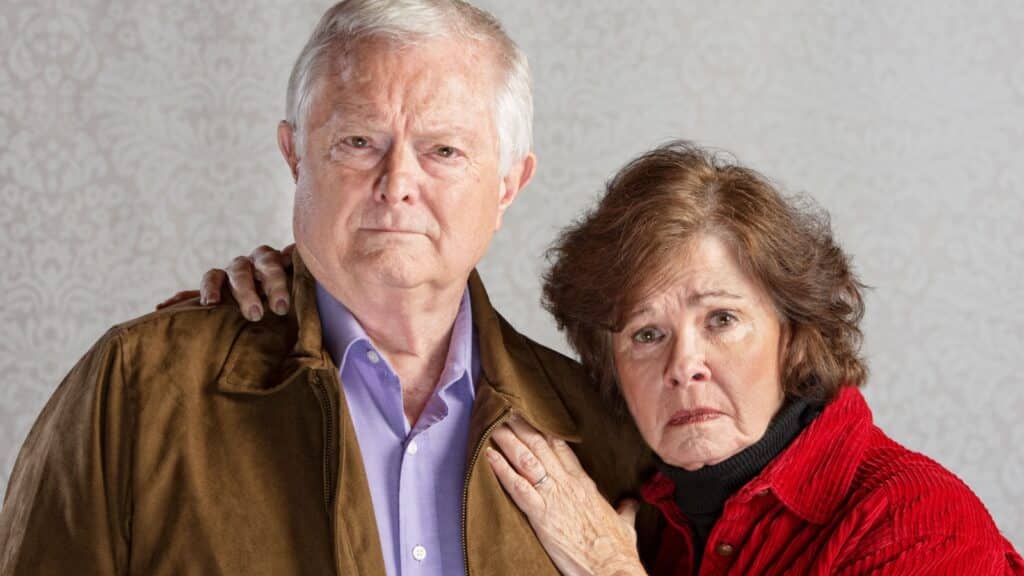We all know that time moves pretty fast, but sometimes, it feels like the world is moving at the speed of light – and the older generations? They feel left behind. Don’t get it twisted – these changes aren’t “wrong,” but they sure make things a lot more confusing to older people. Here are 16 cultural shifts that can make older people feel totally behind the times.
Social Media Overload

If you’re over 50, you may glance at Instagram and say, “Is this even a language?” From TikTok dance challenges to disappearing stories after 24 hours, social media has become its own monster – and it’s a monster that can have older generations feeling utterly left behind. For them, emails and Facebook may be the social network, but in today’s world, even Facebook is for the parents.
Phone Calls Are Essentially Illegal

Boomers lived for long phone calls – gossiping about nothing, walking back and forth with the cord around their finger. Now? If you call someone out of the blue, you’re considered almost psychotic. Communication has been condensed into texts, voice messages, or worse… the horrors of “seen” without response.
The End of Mainstream News

If you grew up watching the night news, then you likely have a great deal of faith in it as a source. These days? Social media is the new news – and it’s a mess. Meme headlines, clickbait, and fake news have become the nightly broadcast, and older generations can’t help but feel lost attempting to sort their way through it.
Streaming Killed Channel-Surfing

Remember channel-surfing until you landed on a repeat of Friends? That’s a thing of the past. Now you have to subscribe to ten services to see one program, and there is no such entity as “prime time” anymore. For older people, the demise of channel-surfing is the end of ritual.
Slang Evolves Overnight

Once upon a time, slang lasted a decade. Now, a word can go viral on TikTok today and be cringe tomorrow. Try explaining “rizz,” “ate,” or “it’s giving” to someone who still thinks “rad” is hip. Older people can’t keep up, and worse, when they try to use it, the younger crowd immediately declares it dead.
Instant Gratification Culture

From Uber Eats to streaming television shows with no commercials, nobody is willing to wait for anything anymore. Previous generations waited for things: waiting for the news, waiting for phone calls, standing in line. Now, there is no need to wait at all. Everything is at your fingertips, and quite frankly, that amount of convenience makes anybody over 50 feel a little… well, old.
Cancel Culture is the New Justice System

Back in the day, you messed up, you said sorry, and perhaps Oprah gave you a second chance. Now? One wrong tweet from 2011 and you’re banished from society. For older generations, it’s confusing – the rules are always changing, forgiveness is no longer assured, and even attempting to be aware of what’s “problematic” these days is a minefield.
Everyone’s a “Brand” Now

Who needs a degree or ten years of experience when you can just… market yourself? These days, people position themselves as products: influencers, content creators, and self-proclaimed “entrepreneurs.” Older generations might still think that having a job title like “marketing director” means something. But today? Everyone’s a brand, even if they’ve never actually sold anything.
Workplaces Became Casual (Too Casual)

Older generations came of age when professionalism was suits, titles, and respect. Now CEOs wear hoodies, there are beanbags in the office, and everyone’s on a first-name basis with the boss. “Work hard, play hard” is now “work from bed, sign off at 4.” And the older workers are left wondering, ‘where did all the seriousness go?’
The Rise of Minimalism

For generations raised on “more is more,” minimalism is a slap in the face. Why would you get rid of your grandma’s dining table to have a bare room and one plant? Millennials and Gen Z are masters of owning as little as possible, and to older generations that spent decades accruing their homes, it can seem like a pointless sacrifice.
Marriage Is No Longer the End Goal

Old generations had a world where the end goal of life was: marriage, buying a house, and having children. Life was a success. Now marriage is optional, children are delayed (or skipped), and “freedom” is the aim. To them, it feels like the world lost its shape – milestones have been exchanged for atmosphere.
Money Does Not Feel Real Now

The older people had cash, cheques, and perhaps a credit card. Today? Cryptocurrency, Venmo, “buy now pay later,” and virtual tipping for all. The concept of money not taking a tangible form is frightening. It’s unimaginable to them that they don’t know where their earned cash is – and to see the younger generations gamble it on NFTs is madness.
The Rejection of Traditional Gender Roles

Whatever became of “men work, women stay home?” Now the roles are changing so fast it’s difficult to keep up. Non-binary, gender-fluid, even fluid concepts of masculinity and femininity are increasingly mainstream. And for older generations, who learned about more stable concepts of gender when they were younger, the entire thing can be culture shock.
The 24/7 Hustle Mentality

If you are above 50 years old, you likely believe work-life balance is “taking a break now and then.” But what about the younger generations? They are always hustling. Side hustles, side businesses, and burnout are badges of honor. Quitting work for good? That’s “old-school.” Now, you hustle and you hustle continuously – even on weekends.
Technology Overload

Technology has a way of moving so quickly that even technology buffs can’t keep pace. One week you’re getting used to some new app, and the next week an even newer version of it appears. For older adults, simply setting up a smartphone is a challenge, let alone staying up-to-date with the numerous apps and software updates that appear to hit the market every other week.
The Loss of Privacy

Do you remember when you could stroll down the street without being videotaped by someone and having it posted online, or viewing your social media footprint? Now, nothing is sacred. The second you put something online, it’s open season. Older generations who grew up with an understanding of respect for privacy find this new over-shared world a little unsettling.
17 Modern Dating Trends That Make No Sense to People Over 50

Half of these so-called “trends” simply don’t make sense if you are over 50. Let’s break down the most head-twirling trends, which the young daters of today swear by but have boomers and Gen Xers stammering, “Wait… you what?”
17 Modern Dating Trends That Make No Sense to People Over 50
17 Ways Work Culture Has Changed Since the ’90s

Paper memos and desk phones were all the rage in offices in the ’90s. But later, offices swapped envelopes for email and added auto-scheduling, among other things. Here are 17 ways in which work culture has changed since the ’90s. Do you remember any of these happening?
17 Ways Work Culture Has Changed Since the ’90s

